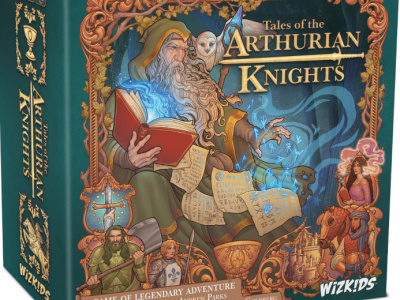The Campaign for a Commercial-Free Childhood, a Boston-based advocacy group which seeks to 'counter the harmful effects of marketing to children' has asked the Federal Trade Commission to investigate the marketing of Transformers, a PG-13 movie, to children. Noting that the movie was rated PG-13 for 'intense sequences of sci-fi action violence, brief sexual humor, and language,' the group argues that the movie is 'being marketed extensively to children as young as two through licensed toys, food promotions, and advertising on children's television programming.'
The group is also advocating that the FTC develop a rating system so toys are marketed with the same age recommendations as the media on which they're based. It argues that toys are marketing for the movie, and also calls out Spider-Man and Pirates of the Caribbean as offenders in marketing toys based on movies for teens and up to kids. In the case of Transformers, the group says that all of Hasbro's 129 Transformers games and toys carry a 'recommendation' for ages younger than the rating age of the film, and that 'the age recommendation of these toys is likely to deceive parents into believing that the film is appropriate for young children.'
Food promotions by Burger King (Kids Meals), Kraft Lunchables, and CAP Candy are also criticized for encouraging young children to see the movie. The group surveyed advertising on Nickelodeon on June 25th, and found advertising for the film on shows rated for kids under the age of 13, as well as advertising for Burger King, Hasbro toys, and Lunchables that either mention the release date for the movie, include film clips, or specifically encourage viewers to see the movie.
Marketing toys based on movies for older audiences to kids is nothing new, of course; it's been going on for decades. For example, toys based on Aliens, an R-rated movie, were marketed to kids in the 80s. But the number of licensed products and promotions based on major film releases has grown exponentially, creating an environment in which there are more products and more advertising based on films directed at all age groups.
The Campaign for a Commercial-Free Childhood is a relatively new organization, which says it grew out of a 1999 conference on corporate influences on children at
Regulators are already looking at related issues. The FCC issued a report arguing that violent entertainment has harmful effects (see 'White Paper Refutes FCC Report on TV Violence'), and the FTC is investigating the marketing of violent entertainment to children.
The Transformers instance is interesting in that the origin was as a kids' property with a cartoon show and comics as the prime expression of the backstory, and a toy line with an extensive roster of characters as the main products. The movie has taken an older slant, in part to attract the prime movie-going demographic, but also to appeal to the adults who were fans of the toon and toys as kids. A new animated show is also in the works, which will take the property back to kids' entertainment.
The ramifications of the regulations the group advocates would be profound, especially its demand that toys be rated for the same ages as the entertainment on which they're based. But that argument is based on the theory that the toys are marketing for the movie. Since toy companies, QSRs, and other marketers are paying studios for the right to make toys based on movies because they see movies as marketing vehicles for their products, a 'follow the money' approach would indicate that the marketing benefits are in the opposite direction from the one the group is arguing exists.
Regardless, given the current regulatory environment, the high profile of licensed products based on filmed entertainment, and new concerns about an alleged relationship between food marketing to kids and childhood obesity, it seems likely that this is the first volley in a new battle over what's appropriate when marketing licensed products to kids.







